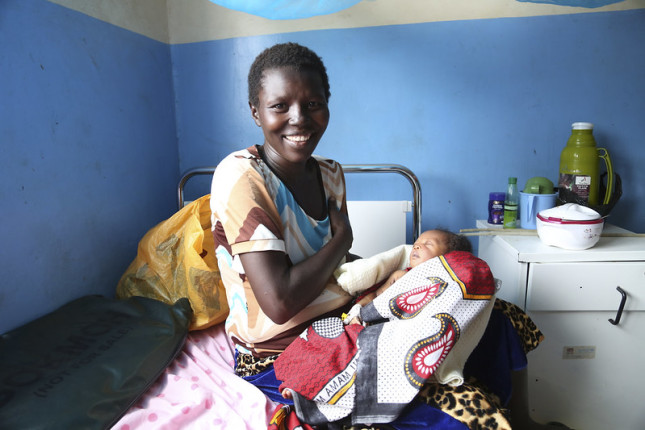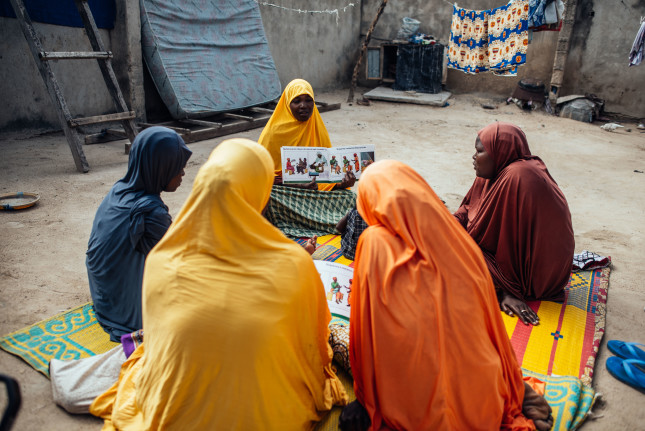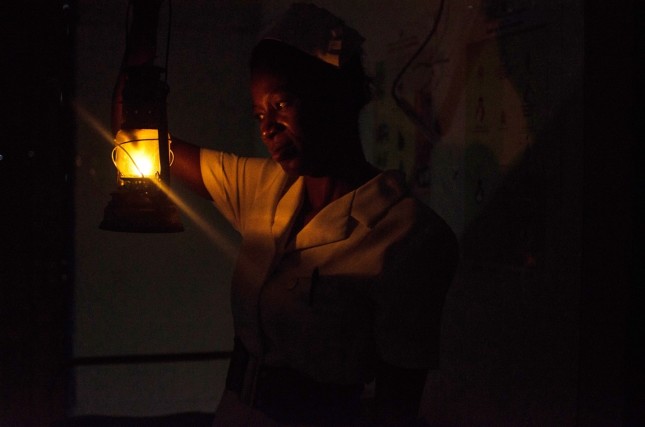-
New Global Health & Gender Policy Brief: Climate Change and Maternal and Newborn Health Outcomes
›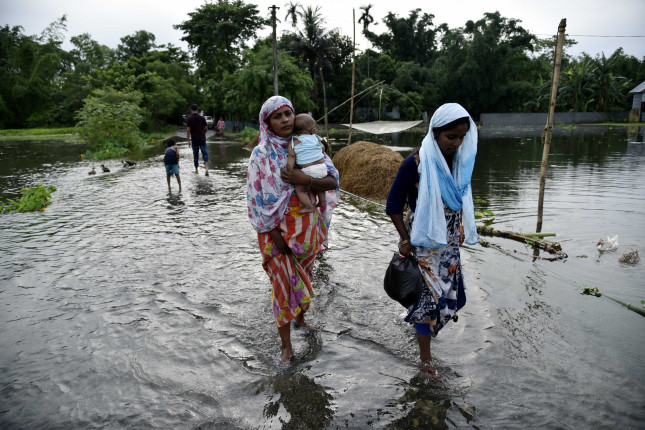
The growing climate crisis presents one of the largest public health threats of the century. However, its countless impacts on maternal and newborn health outcomes (as well as health disparities worldwide) have only recently gained global attention.
-
Maternal, Newborn and Child Health: Complementary Investments Are Key
›
In 2018, the Lancet Commission on High Quality Health Systems ignited a global shift in focus and investment for maternal, newborn, and child health (MNCH).
Increasing access to care had been a primary focus during previous decades, but the Commission found that as service use increased, “poor-quality care” had become a more significant obstacle to reducing mortality than insufficient access. The Commission also argued that increasing access alone would not achieve Sustainable Development Goal (SDG) 3—ensuring healthy lives and promoting well-being. What the world needed now was an intensified focus on improving quality of care.
-
High Temperatures Threaten Maternal and Newborn Health–Climate Change Policy Must Adjust
›
Extreme heat can be deadly, and 2023 is on track to be the hottest year on record. In the United States, heatwaves cause more deaths than any other weather related events. In Europe, close to 62,000 deaths during Summer 2022 were linked to heat related causes. Globally, an estimated 5 million people a year die from extreme temperatures–hot and cold.
-
“You Will Find Your People Here” with Dr. Caroline Wanjiku Kihato and Clare Loveday
› On today’s episode of New Security Broadcast, ECSP Director Lauren Risi and Distinguished Fellow Dr. Blair Ruble talk with Clare Loveday and Dr. Caroline Wanjiku Kihato about their collaborative installation, “You Will Find Your People Here,” currently on view at La Biennale di Venezia. Loveday is a Johannesburg-based composer, and Kihato is an urban sociologist who specializes in gender, migration, and governance; they worked in concert with pianist, Mareli Stolp, and Ghanian artist, Awo Tsegah, to bring the installation to life at the Biennale.
On today’s episode of New Security Broadcast, ECSP Director Lauren Risi and Distinguished Fellow Dr. Blair Ruble talk with Clare Loveday and Dr. Caroline Wanjiku Kihato about their collaborative installation, “You Will Find Your People Here,” currently on view at La Biennale di Venezia. Loveday is a Johannesburg-based composer, and Kihato is an urban sociologist who specializes in gender, migration, and governance; they worked in concert with pianist, Mareli Stolp, and Ghanian artist, Awo Tsegah, to bring the installation to life at the Biennale. -
Finding the Power to Prevent Maternal Deaths: Women Deliver 2023
›
The 2023 Women Deliver Conference in Kigali, Rwanda offered participants an opportunity to think deeply about gender equality, and the urgency of this moment in making progress was evident – even at a pre-conference event hosted by the United Nations Population Fund (UNFPA): Scaling Up Actions to End Preventable Maternal Deaths: Linkages with Family Planning, Bodily Autonomy and the Health Workforce.
-
Strengthening Community Health Systems to Improve MNH Outcomes at the Last Mile
›
Advances in reducing maternal mortality were seen all over the world in recent decades. Unfortunately, that progress now has stagnated, and immediate and decisive action is necessary to change the current trajectory.
-
ECSP Weekly Watch | July 17 – 21
›
A window into what we are reading at the Wilson Center’s Environmental Change and Security Program
Extreme Heat’s Toll on Pregnancy and Reproductive Health
Preliminary data collected by the World Meteorological Organization (WMO) shows that the first week of July 2023 was the hottest week on record. Recent global heatwaves also prompted a public health alert from the WMO concerning rising health risks.
-
Solar Suitcases for Safe Delivery
›
Imagine trying to perform a C-section, or conduct a delivery, in a hospital with no light.
For hundreds of thousands of health workers, this is the reality they face each night. Close to 300,000 women and one million newborns (primarily in sub-Saharan Africa and Southeast Asia) die from complications of pregnancy and childbirth each year. Hemorrhage, infection, eclampsia, obstructed labor, and unsafe abortion cause the majority of obstetric deaths— many of which could be prevented with access to timely emergency obstetric care.
Showing posts from category maternal health.


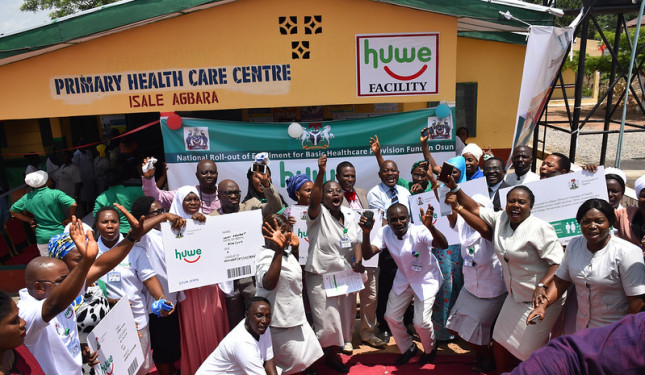
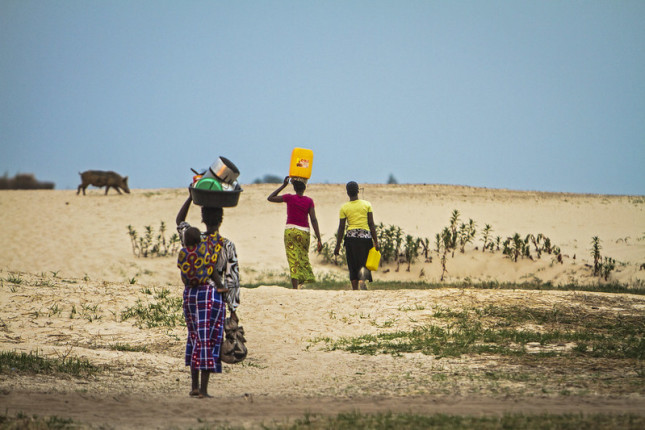
 On today’s episode of New Security Broadcast, ECSP Director Lauren Risi and Distinguished Fellow Dr. Blair Ruble talk with Clare Loveday and Dr. Caroline Wanjiku Kihato about their collaborative installation, “
On today’s episode of New Security Broadcast, ECSP Director Lauren Risi and Distinguished Fellow Dr. Blair Ruble talk with Clare Loveday and Dr. Caroline Wanjiku Kihato about their collaborative installation, “